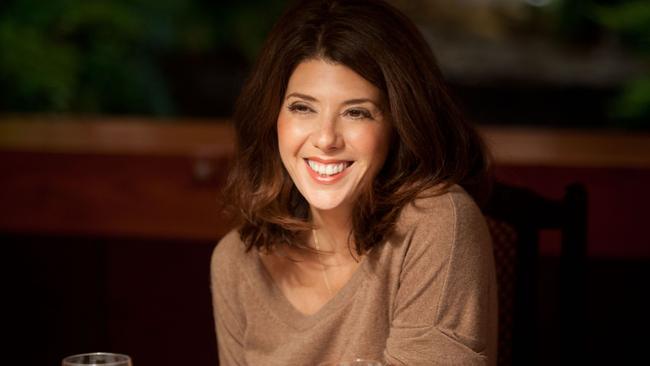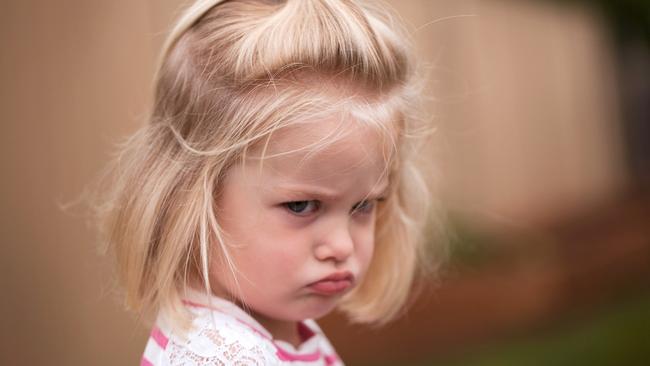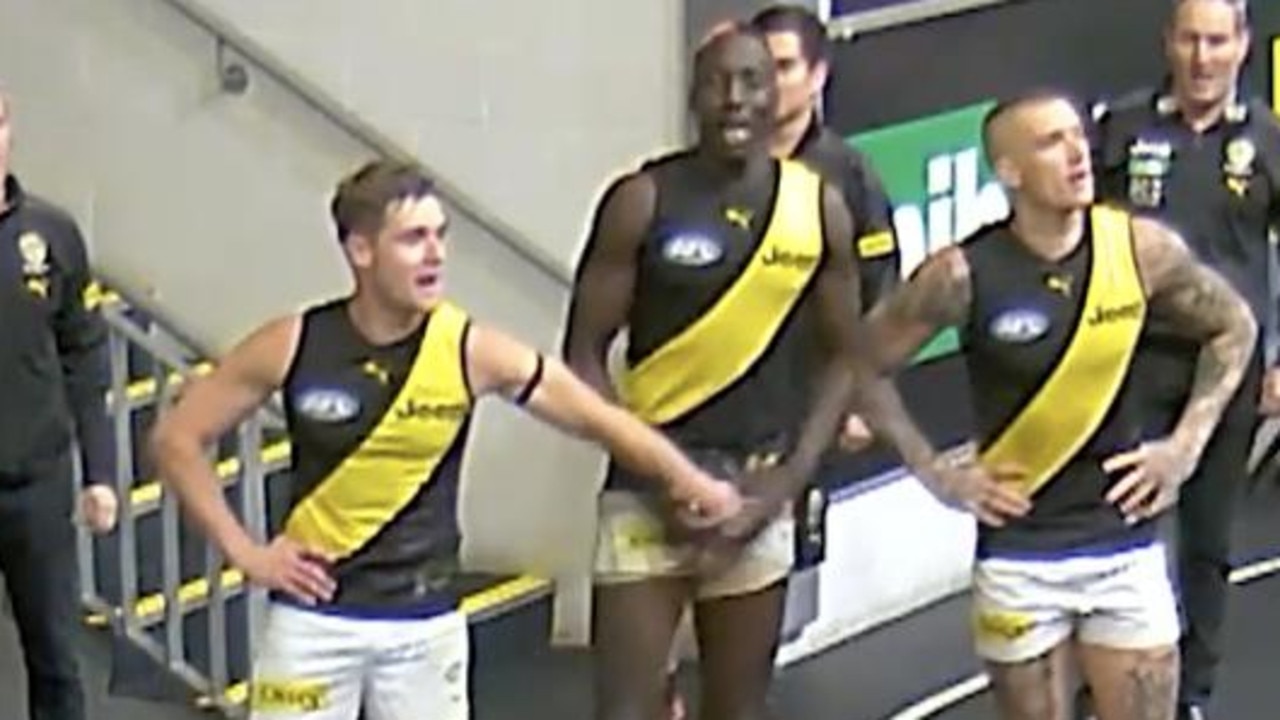Why kids need to know who’s really in charge
A new parenting guide gives us a new list of words to use with kids but unfortunately “no” doesn’t seem to be one of them, writes Susie O’Brien.
Susie O'Brien
Don't miss out on the headlines from Susie O'Brien. Followed categories will be added to My News.
Welcome to PC parenting, where everything we’ve taken for granted for decades as being good is now bad, scary and suspect.
A new guide to complimenting children from the Essential Kids website suggests parents stop using terms like “good girl” and “well done”, along with saying “good job”.
When parents need experts to tell them how to give compliments, it’s a sure-fire sign things are out of whack.
According to counselling psychotherapist Katherine Phillip, children should be given healthy praise focusing on the process, not the person.
WHY ISNT KAREN’S LIFE WORTH MORE?
NO ONE CARES ABOUT PRIVACY KNOW
PARENTS’ MOST ASKED QUESTIONS ANSWERED
Phillip wants parents to stop saying “good boy” and “good girl” because they are lacking in “clarity for the child and may come across as empty”. Instead she thinks we should praise their achievements such as climbing or tying a shoe lace.
Even “good job” or “well done” are suspect in her view because “unless we stipulate what the child did well, they are left wondering and the praise is purposeless”.
Instead, Phillip suggests being more specific: “You just read a whole sentence and you read it so clearly”.
Parenting has never been more complex or ridiculous than it is right now. How can phrases that have made kids feel good for generations be rebadged as harmful?
It reminds me of the movie Parental Guidance which perfectly spoofed modern parenting.
Actor Marisa Tomei played a mother leaving her kids with her parents, played by Billy Crystal and Bette Midler.

“There’s a way we talk to our kids,” she told them.
“Where you would say ‘no’, we say ‘maybe you should try this’.
“You would say, ‘don’t’, we say, ‘consider the consequences’.
“You would say ‘quit your whining, you’re giving me a headache’, we would say ‘use your words’,” Tomei said.
Did this make the children in this movie well-behaved and well-adjusted?
No. They were little brats who didn’t have any respect for anyone.
It’s a reflection of our society, where no child wins or loses, no one is punished and for every put down they hear, they get “three put-ups”.
This same attitude informs Phillips, who also questions phrases such as “you’re so clever” because it can “disconnect self-confidence and result in fear of failure,” Phillip says.
Much better, in her view, is “you did it!”
It’s nuts.
It’s no wonder children don’t feel they can leave home until their mid 20s; this sort of parenting infantilises them into incompetence.
Even calling a child “cute” or “handsome” is a no-no because it “can lead to body image issues expecting to fulfil that image always,” says Phillip.
Instead we are to focus on their smile or clothes.

Other terms like “I’m so proud of you” and “you’re the best” are also out because they create a risk of failure, along with “You’re a big boy now” which puts too much pressure on them.
No wonder children these days are more anxious than ever; I suspect it’s because they don’t have enough boundaries and too many choices.
Some other so-called experts have even issued guidelines on how parents can be affectionate with children.
One written for fathers of “insecure teenage daughters” says that while dads should continue to be affectionate, it may be appropriate for them to ask: “Can I give you a hug?”
What is modern parenting coming to when we have to ask our kids for a hug?
The starting point should not be that every father is a paedophile-in-waiting.
It’s easy to dismiss these approaches as wacko suggestions from those on the fringes of the parenting canon, but even Victorian state guidelines take a similar tack.
In one guide an early childhood teacher reconsiders asking a slow-eating child to hurry up and finish morning tea for fear of bullying him.
In another the teacher rejects long-accepted positive feedback such as “keep going” or “good boy” in favour of open questions to “clarify their thinking and keep them motivated”.
Of course, this “has to be done carefully as too many questions can interrupt the thinking process,” the teacher ruminates.
Again, you’re left wondering who’s in charge.
Not the teachers or parents, it seems.
I’m left sympathising with Artie, Billy Crystal’s character, who couldn’t cope with his daughter’s idea of turning everything into “teachable moments”.
“All I hear is ‘Use your words. Use your words’, but the word they never use with the kids is ‘No!’” he says in the movie.
He’s right.
These days kids aren’t told “no”. Or to be quiet. Do what you are told. Stop talking.
Instead, it’s up to them to consider the consequences and make the right decision.
Parents end up tiptoeing around their kids, too scared to tell them off for fear of making them anxious or violating their human rights as autonomous individuals.
I understand kids need to be encouraged and supported by parents and teachers, but they also need to know who’s boss.
And they need to learn it’s not them.


